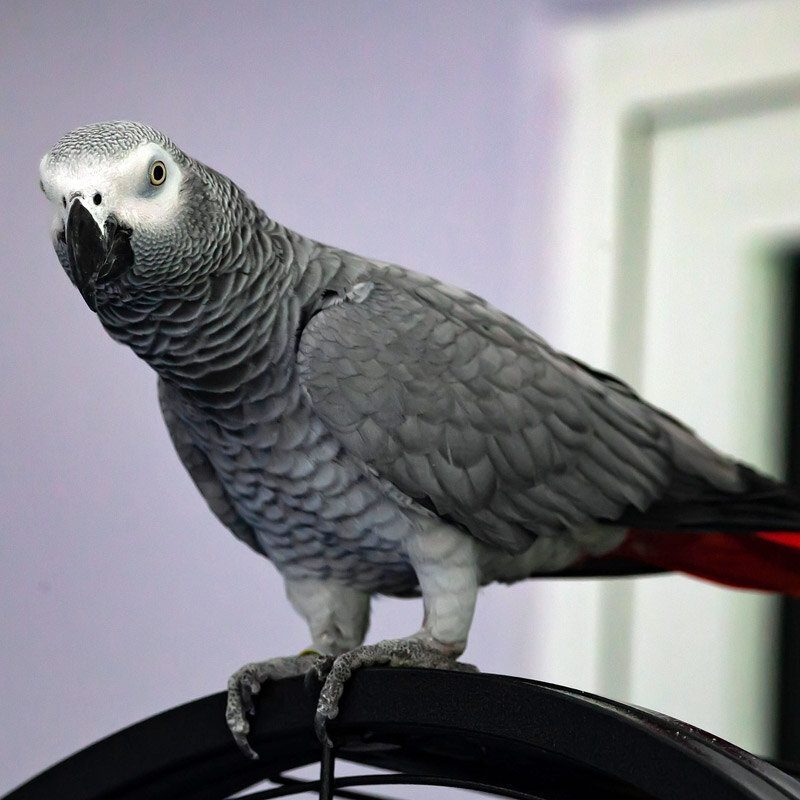Anonymous
New member
- Jun 24, 2022
- 7
- 13
- Parrots
- I do not have one, but I want to get one and am studying on how to properly take care of one.
Hi, I am a student, and my mom told me before I could get a parrot, I need to know how to raise one perfectly before she can consider it. I am looking to find out the general needs of a parrot. I recently got interested in owning a parrot and know they require a lot of work, but I find them so cool that I am willing to put in the effort to get one. So can someone basically give a brief overview of these questions please? Thanks.
 ️ What is the yearly cost of owning a parrot, like how much money would be needed to properly raise a parrot per year?
️ What is the yearly cost of owning a parrot, like how much money would be needed to properly raise a parrot per year?
 ️ What are some disease that they can get and how can I treat them?
️ What are some disease that they can get and how can I treat them?
 ️ What are their daily care needs, like what would I need to do for them everyday?
️ What are their daily care needs, like what would I need to do for them everyday?
 ️ What temperature would they need in their area to be content/ what are their ideal comfort needs?
️ What temperature would they need in their area to be content/ what are their ideal comfort needs?
 ️ What types of toys do they need? I mean like what material because I heard some can be toxic.
️ What types of toys do they need? I mean like what material because I heard some can be toxic.
 ️ What is the ideal size of the cage?
️ What is the ideal size of the cage?
 ️ How would I train one? By training I mean being able to fly away and back to me etc.
️ How would I train one? By training I mean being able to fly away and back to me etc.
 ️ I have two dogs and was wondering if that would be a con to the Parrots comfort, even though it would get a room to itself which the dogs never go into as it is.
️ I have two dogs and was wondering if that would be a con to the Parrots comfort, even though it would get a room to itself which the dogs never go into as it is.
I know it’s a lot of questions but I just want to make sure that I am capable of raising a parrot properly and giving it a healthy and happy life. If someone answers all these questions, thank you very much and have a good day. Any additional information that I left out would be appreciated
I know it’s a lot of questions but I just want to make sure that I am capable of raising a parrot properly and giving it a healthy and happy life. If someone answers all these questions, thank you very much and have a good day. Any additional information that I left out would be appreciated

